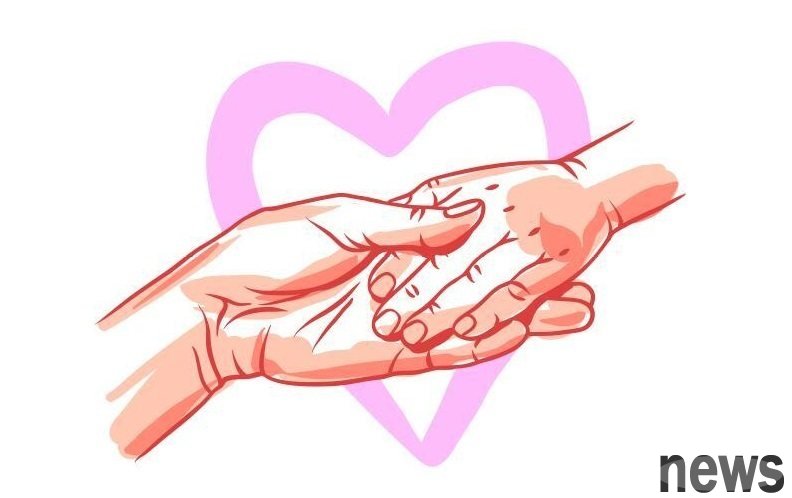Everyone has heard that doing a good deed every day is not only helpful to the elderly, weak, young and poor, but also to help the elderly, weak and carefree, but small kindness can make others feel warm and happy, such as asking people to take a bu...

Everyone has heard that doing a good deed every day is not only helpful to the elderly, weak, young and poor, but also to help the elderly, weak and carefree, but small kindness can make others feel warm and happy, such as asking people to take a bus and send a cup of drinks to friends. According to the research published in the "Journal of Experimental Psychology: The General Review" in August 2022, generous behavior is contagious, and those who receive help, sharing or donors will also give in to the outside world and transmit the kindness they receive.
Give more than receiving. Good deeds are circulated.The research was conducted by the University of Texas and the University of Chicago. There are a series of related experiments. The first experiment was recruited by the researchers in the park, asking them to choose to send a cup of hot chocolate to strangers or keep it themselves. 75 people agreed that the researchers would send the drinks to strangers, and told the participants that they would give them the gifts. The recipients would like to evaluate their feelings and give the givers to guess what others felt when they received the drinks. The results show that the average sentiment of the recipient was 2.7 points, and the recipient rated it himself at 3.5, indicating that the recipient underestimated the importance of his own movement.
{}The second study divided 200 participants into two groups. 50 of the group received a cake and evaluated their mood scores for their participation in the experiment, and the other 50 guessed the feelings of the cake recipients; 50 of the 100 people in the experiment group were told that they could send the cake to strangers and rate the mood scores of themselves and the recipients respectively. The results show that the recipients who received the cake by good luck were happier than the recipients of the comparison group.
The last study, participants received a gift from a test room store or another participant before the game, and then asked the participants to distribute $100 to themselves and an unknown recipient in the game. It was found that the recipients who received the gift were more generous to strangers during the game through the random good of another participant.
National Teachers University's concurrent professor in the Department of Educational Psychology and Instruction, said that life experience makes us feel that "giving is more blessed than receiving." The above research shows that the recipient's mood is better than the giver's imagination.
Research has also found that when the givers of help have the opportunity to help others, they are usually more happy and in a better mood. When people receive help from others, they will also be kind to help others and form a cycle of good deeds; to provide small good deeds to strangers, the warmth and pleasure that the recipient feels beyond our imagination. It is recommended that the public can develop the habit of helping others at any time, so that good deeds can grow in society, and everyone will naturally benefit from it.
Ye Yaxin, director of the Psychological Health Center of the Dong Foundation, said that we all know that being kind to others makes people feel good, but we don’t know how good it is. The above research proves this. From the score, we can know that people who accept kindness often do not because of what they receive, but because of this movement.
The good should never have a purpose The good deeds of hand-in-hand are the most freeSome people are more or less purposeful, and they expect that there will be results or reports in the future. Ye Yaxin reminds that there should be no too many "thinking" when doing good deeds, thinking that the other party will react, thinking what will happen, such as the other party should be very happy, no longer difficult or get peace, etc. When the other party's reaction is not as good as expected, it makes the concerned person feel cold and unkind, not worth it, and it is unnecessary. "The expectation of misjudgment" has become an obstacle to the behavior of benefiting society.
It is recommended to try to be kind to the people in daily life, starting with people around "careful" and pay attention to issues that family, colleagues, classmates, friends or public welfare groups. Helping colleagues from the bottom of their hearts, such as helping their focused colleagues buy a cup of coffee, pour a cup of water, donate charity, etc., you won’t have too much expectations from a caring perspective, and do what you can to avoid letting goodness turn into another kind of pressure or burden.
For example, if you open the phone and don't spend too much time, you can make the other party care. It is a good deed of hand and is relatively "free". It will not make people who are helped feel the pressure to get some feedback. At the same time, it will help you benefit social behavior, accumulate your positive emotions, and develop the influence of goodness.